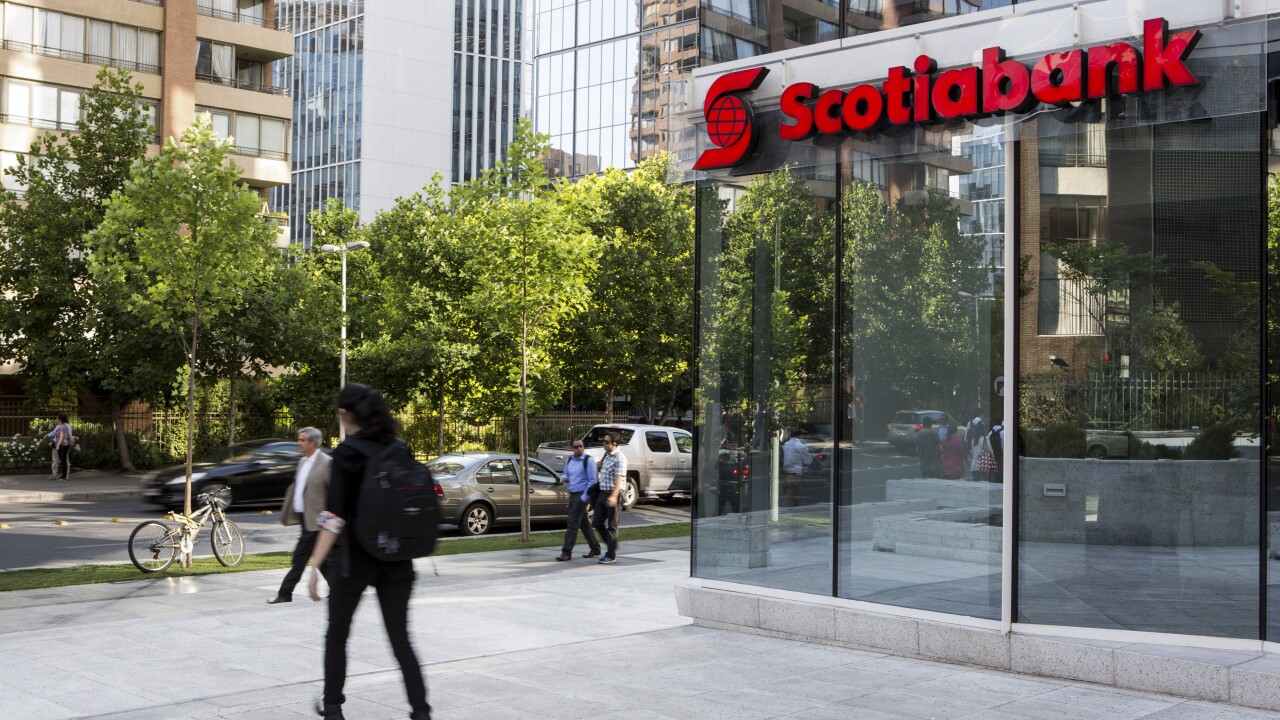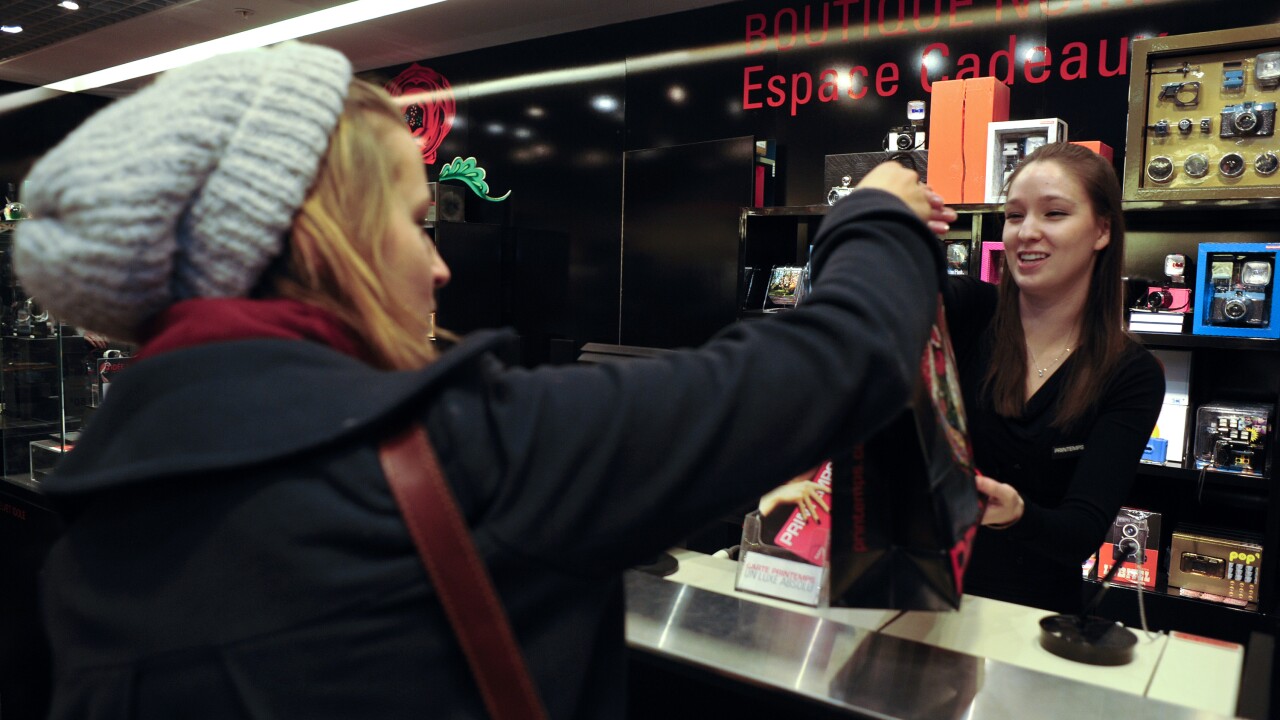Mastercard and Microsoft are bringing together B2B networks, suppliers and buyers with a payments platform that’s designed to automate global trade for its business clients.
The main goal of the platform, called Mastercard Track, is to reduce inefficiencies in the global business transactions—nearly half of which are still done on paper. Mastercard also hopes to solve three pain points in global payments: easier onboarding, more efficient risk management and more visibility around payments.
“It’s a challenge to do business in 192 countries, and we have to be compliant in all of those countries” George Zinn, corporate vice president and treasurer of Microsoft Corp., said during an event on Thursday. “Sometimes just the wording of business names can be difficult. Having a business validated correctly is huge in terms of saving time.”

The platform follows other pushes Mastercard has made in B2B payments, such as the acquisition of bank account-based payments company
Mastercard faces aggressive competition from Visa in B2B automation.
This range of partnerships demonstrates a variety of opportunities to improve B2B payments.
“What I saw with [Mastercard's] platform is the recognition that there are a thousand ways of doing business,” said Krista Tedder, who is director of payments at Javelin Strategy & Research and worked at Mastercard for about six years. “If you look at the nine different partners they have, each serves different niches in terms of merchants they support.”
The networks include Basware, Birchstreet, Coupa, GT Nexus, Jaggaer, Ivalua, Liaison, Tradeshift and Tungsten. In early 2019, customers of these networks will be able to maintain, retrieve and exchange information relating to themselves and their trading partners through the Track Trade Directory—a repository of more than 150 million companies over 67 countries. Track will be built on Microsoft's Azure, the software company's cloud platform.
For banks, the largest value proposition for an automated B2B payments platform is faster transactions—especially for cross-border payments, Tedder said.
“It requires value on all sides of the equations for buyers, networks and suppliers,” said Carlos Menendez, president of enterprise partnerships at Mastercard. “As we investigated this a couple of years ago, what came up over and over again was the need for compliance information, understanding who your counterparties are, and how you’re working with them.”
The platform also comes at a time in which global trading and the financial landscape is getting more fragmented, said Alex Kazan, a global strategist with Eurasia Group.
“We’re changing the terms with how the United Kingdom trades with the European Union and the rest of the world. You have changes in the U.S.-China trade relationship … NAFTA 2.0 could look very different than what we have now,” Kazan said.
On top of being able to document trade better and handle the increasing complexity of trade, Mastercard Track is part of a larger push in financial services to bring the technologies to commercial customers that retail customers are already getting, said Gilles Ubaghs, a senior analyst at Aite Group.
“The consumer market has developed and advanced quite a bit,” Ubaghs said. “What hasn’t developed much is the commercial side, and businesses are becoming more electronic, moving away from checks and slow-moving invoicing processes.”
Ultimately, Mastercard predicts its platform will shave a significant amount of time — measured in days — from certain B2B functions.
“Right now it takes about 16 days for a company to be onboarded into the global supply chain,” said Michael Froman, vice chairman and president of strategic growth at Mastercard. “We estimate that our platform will reduce 60% of the cost and 40% of the time.”





